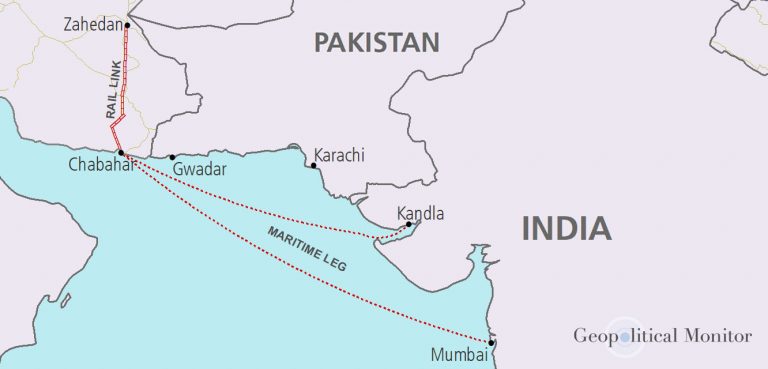Summary
This report is the first in an annual series that aims to explore the global energy supply situation. This series will track new oil and gas discoveries and what they mean for global power politics. Energy security considerations have and will continue to serve as a catalyst for economic and military conflict. Knowing the energy supply forecast of BRIC countries, and thus the geopolitical pressures that they face, is essential for properly predicting and understanding these conflicts.
Brazil
Data:
Oil Export/Import (thousand barrels): -124 (35th largest importer)
Proven Oil Reserves (billion barrels): 12.182 (17th largest)
Natural Gas Export/Import (billion cubic feet): -353
Proven Gas Reserves: 12,280 [1]
Overview:
Brazil is a standout among BRIC countries in its ability to control energy demand. Two important factors have allowed Brazil to flirt with achieving energy equilibrium in the past couple of years [2]. These factors are Brazil’s modest energy reserves and the government’s strong emphasis on alternative energy, mainly in the form of sugar-cane ethanol [2]. In this comfortable position, Brazil is not dependent on energy imports and furthermore may only be a few major discoveries away from becoming a large net exporter of oil over the short term. Of course, such a situation would likely be fleeting because Brazil’s rise as an economic power carries with it a soon-to-be towering domestic energy demand [1].




